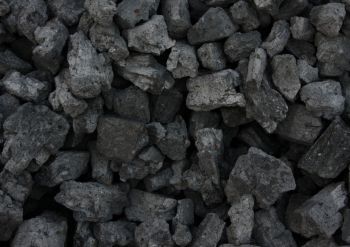
In 1709 Abraham Darby I established a coke-based blast furnace to produce cast iron and found that Coke's strong crushing strength allowed the furnace to become taller, larger, and ultimately burn hotter. This caused a widespread availability of inexpensive iron and is considered one of the major factors leading to the Industrial Revolution.
Coke today is used as a fuel and reducing agent in smelting iron ore in a blast furnace and can be combined with other materials to produce heat shielding materials. Most recently coke was used by NASA to produce the heat shielding on the Mars Pathfinder and NASA plans to utilize coke to produce a new heat sheild for its next generation space craft called Orion. An interesting fact about coke fuel is that many smoke-producing constituents are driven off during the production processes meaning that the coke itself may be burned with little or no smoke. Many other coal products tend to produce much more smoke and environmentally hazardous bi-products.
Many of the volatile components of coal, such as coal-gas and coal-tar, are driven off by baking the coal in an airless furnace at temperatures as high as 2,000 degrees Celsius. Today many American steel companies capture these by-product hydrocarbons and use them to create other products. When steel companies elect not to collect these by-products they employ Non by-product coking furnaces to burn the hydrocarbon gases that are produced.
Today many companies elect to use coke as a source of fuel instead of bituminous coal due to the fact that bituminous coal will produce much smoke when burned. Often times there are conditions which are not suitable for the complete combustion of bituminous coal due to the smoke bi-product, and these companies elect to use coke instead.
No comments:
Post a Comment